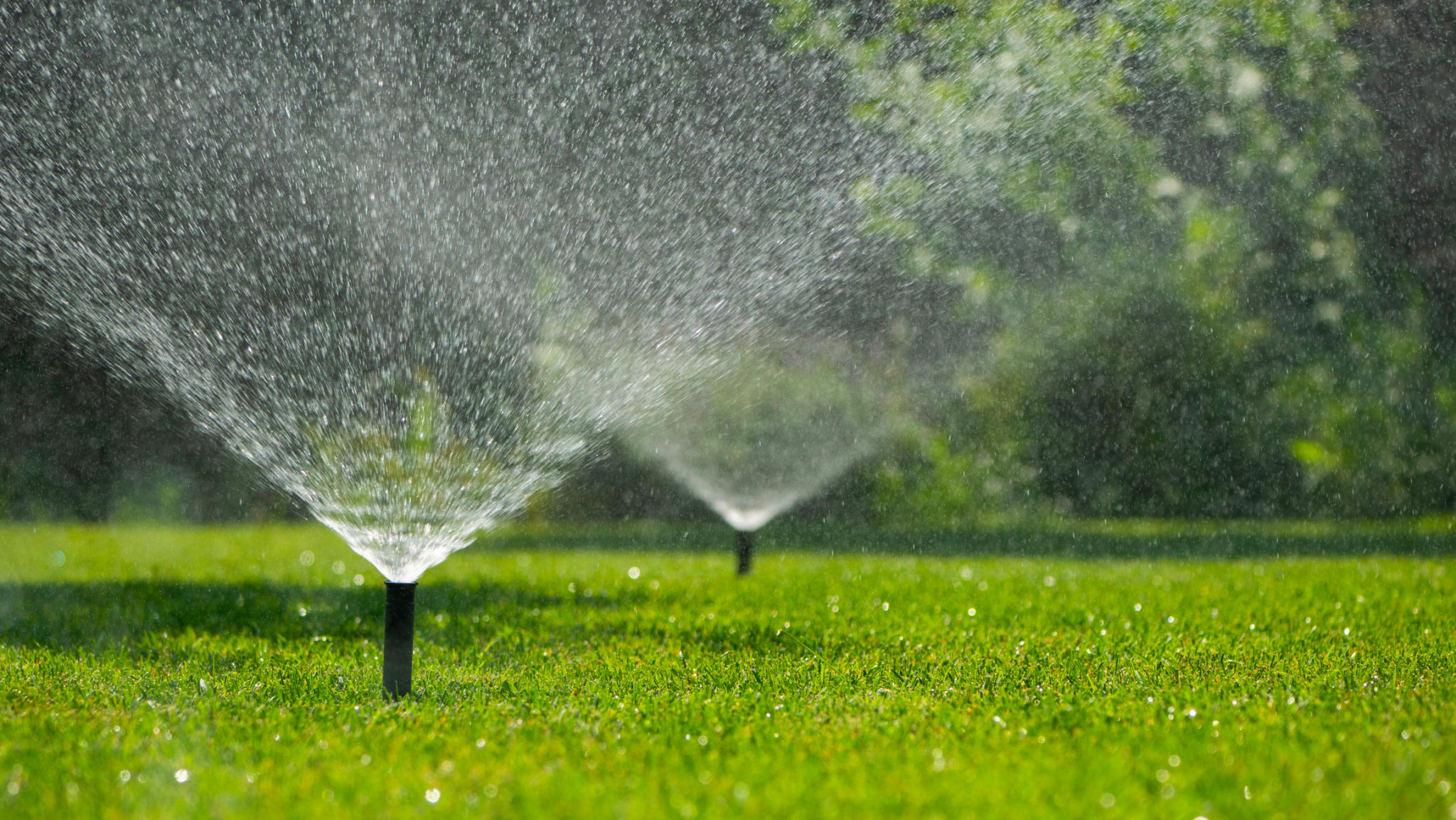How to Choose the Best Water-Saving Irrigation System for Your Kentucky Home
MP
Understanding the Importance of Water Conservation
Water conservation is crucial, especially in regions like Kentucky where weather patterns can be unpredictable. Implementing a water-saving irrigation system not only helps in conserving water but also reduces your water bill and contributes to environmental sustainability. Choosing the right system for your home can seem overwhelming, but by understanding some key considerations, you can make an informed decision.

Identifying Your Landscape Needs
Before selecting an irrigation system, evaluate your landscape's specific needs. Consider factors such as the size of your lawn, the types of plants you have, and the local climate. For instance, Kentucky's lush landscapes may require different irrigation techniques compared to arid regions. Assessing these factors will guide you in choosing a system that delivers the right amount of water efficiently.
Types of Irrigation Systems
There are several types of water-saving irrigation systems available, each with its unique advantages. Some popular options include:
- Drip Irrigation: This system delivers water directly to the plant roots, minimizing evaporation and runoff.
- Soaker Hoses: These hoses distribute water slowly and evenly along their length, ideal for gardens and flower beds.
- Sprinkler Systems: While traditional sprinklers can waste water, modern smart sprinkler systems optimize water usage by adjusting based on weather conditions.

Evaluating System Efficiency and Features
When selecting an irrigation system, consider its efficiency and features. Look for systems with timers and moisture sensors that adjust watering schedules based on real-time data. Smart irrigation systems can significantly reduce water usage by avoiding overwatering and ensuring that plants receive the precise amount needed.
Installation and Maintenance Considerations
The ease of installation and maintenance is another crucial factor. Some systems are DIY-friendly, while others may require professional installation. Additionally, regular maintenance ensures that your system operates effectively; check for leaks, clogs, and wear-and-tear periodically.

Cost vs. Long-Term Savings
While the initial cost of a water-saving irrigation system might seem high, it's important to consider long-term savings. Efficient systems reduce water bills and can increase property value. Over time, the investment pays off through reduced water consumption and healthier landscapes.
Local Regulations and Incentives
Before installation, research any local regulations or incentives regarding water usage and conservation. Some areas offer rebates or tax incentives for installing efficient irrigation systems, making it financially beneficial to opt for a water-saving solution.

Consulting with Experts
If you're unsure about which system to choose, consulting with local experts can be invaluable. Landscape professionals or local extension services can offer personalized advice based on Kentucky's specific conditions and your landscape needs.
In conclusion, selecting the best water-saving irrigation system for your Kentucky home involves evaluating your landscape's needs, considering system efficiency and features, and balancing costs with long-term savings. By taking a thoughtful approach, you can enjoy a lush, vibrant garden while conserving one of our most precious resources—water.
